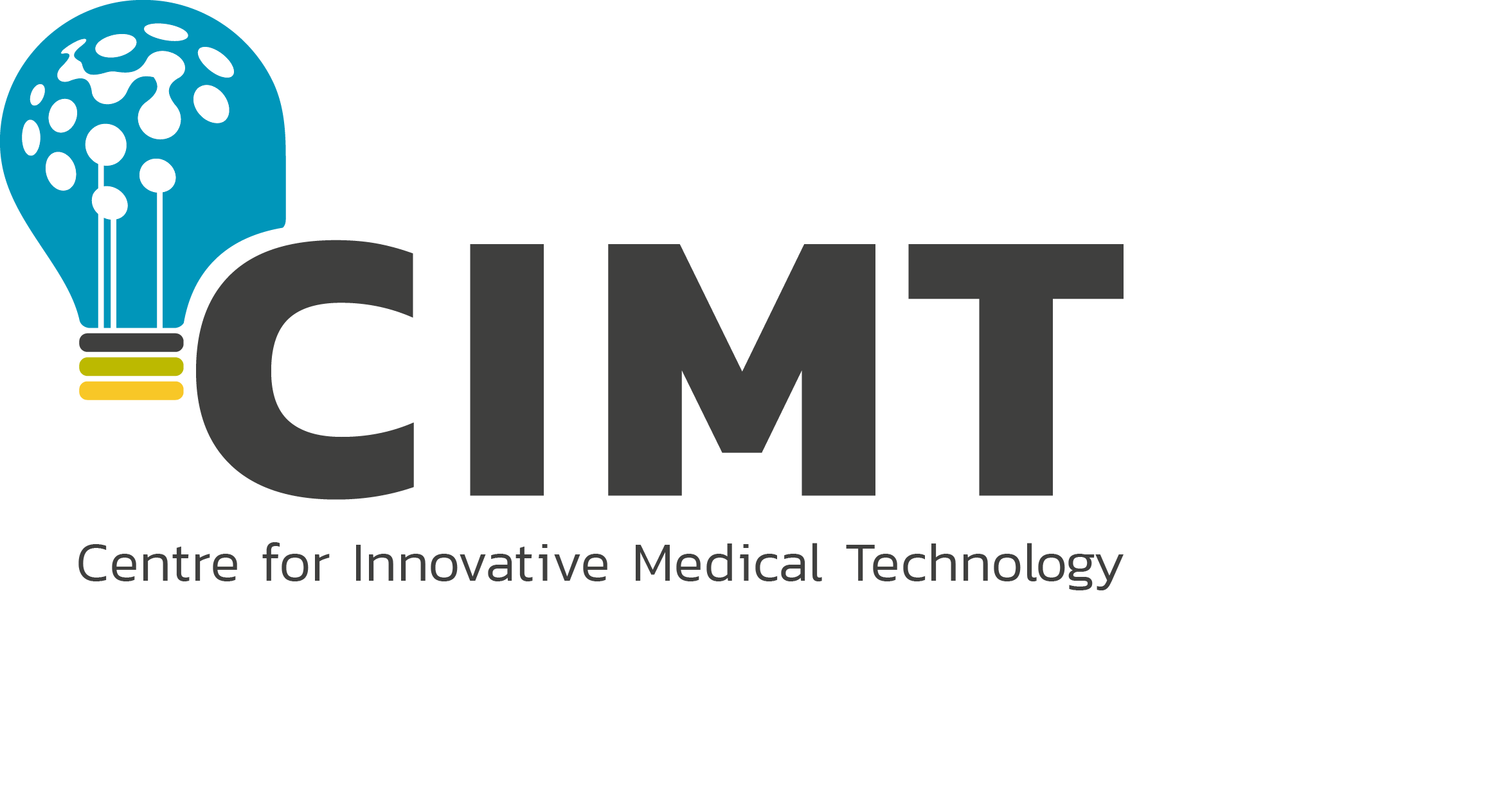Existential and spiritual needs of people with cancer
When a person is affected by a serious illness, questions about identity and the search for meaning and hope become more relevant. This kind of question and these thoughts are often referred to in the literature as existential and spiritual needs. Needs that, according to the World Health Organization, WHO, can be equated with physical, social and psychological needs.
PROJECT PERIOD
Start: January 2023
End: December 2025
Unfortunately, research shows that support for existential and spiritual needs does not always take place. Explanations for this could be the prioritisation of resources for health professionals, a lack of organisation in the area or health professionals’ skills in relation to articulating existential and spiritual needs.
The consequences of the above can in the worst case result in patients being left alone with great suffering, which can affect their quality of life and the state of their disease. It is therefore essential to investigate whether patients with serious illness can find support for their existential and spiritual needs through a digital platform.
AIM
The goal of the project is to develop and test an eHealth intervention in the Region of Southern Denmark app My Hospital to support the existential and spiritual needs of patients with cancer.
In the eHealth intervention, the patient must find support for existential and spiritual needs through a holistic and individual approach with recognition, processing and the necessary care to avoid all the physical needs that may occur when a person is affected by a serious illness.
In addition, the project will contribute ground-breaking knowledge and a possible solution to a complex and important challenge for our patients and the healthcare system.
The overall framework for the project is participatory design.
The project is divided into four parts:
- Uncover international experiences with eHealth interventions to support patients’ existential and spiritual needs through an integrated review.
- Investigate how patients currently receive support and care for existential and spiritual needs when in contact with the healthcare system, e.g. during hospitalisation or outpatient treatment. Interviews are held with patients who are recruited in the haematology and oncology departments.
- Develop content for an eHealth intervention on the My Hospital platform through workshops with patients and health professionals.
- Test the eHealth intervention in My Hospital through a test group for a period of six months. Evaluation is carried out with a mixed-method design consisting of questionnaire and qualitative methods both at the start, during and after testing, whereby it is revealed how patients’ existential and spiritual needs are identified and met through use of the eHealth intervention.
EXPECTED RESULTS
The eHealth intervention in My Hospital must supplement the existing support and care to meet existential and spiritual needs that the patient encounters in the healthcare system; for example during hospitalisation or in connection with outpatient procedures. It is expected that the intervention will function as the patient’s personal tool for an overview and insight into their own life situation with serious illness and help them to regain empowerment and control in the chaos that can arise during serious illness.
By using the eHealth intervention, the patient will be trained to talk about his own needs. The expectation is that this awareness will strengthen the patient in reaching out for the help, support or care they need from their family, network and healthcare system. It is expected to strengthen the patient and improve the patient’s quality of life.
The content of the eHealth intervention is expected to address universal existential and spiritual needs that may arise in connection with serious illness. Therefore, it is expected that the app can be extended to other patient groups who suffer from serious or chronic illness.
PARTNERS
The project is anchored in the Research Unit for General Practice at the University of Southern Denmark and is carried out at the Department of Haematology, Odense University Hospital. Further collaborations with other cancer departments in Region Southern Denmark are on the way.
The project is a PhD project by Maiken Langhoff Kidholm. View Maiken's research profile at sdu.dk. View Maiken's profile at LinkedIn.
The main supervisor is Niels Christian Hvidt, professor, dr. theol., PhD.
EXTERNAL FUNDING
The project is partially funded by Pfizer Oncology.

Maiken Langhoff Kidholm
Nurse, PhD student
University of Southern Denmark, Department of Public Health
mlkidholm@health.sdu.dk
